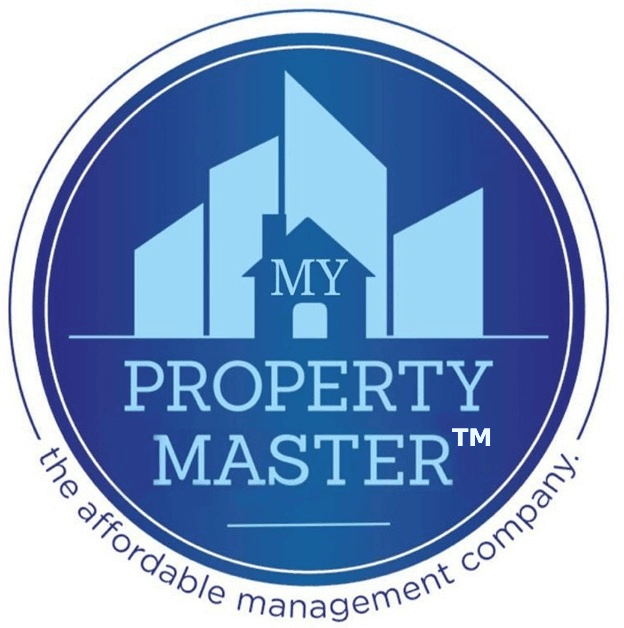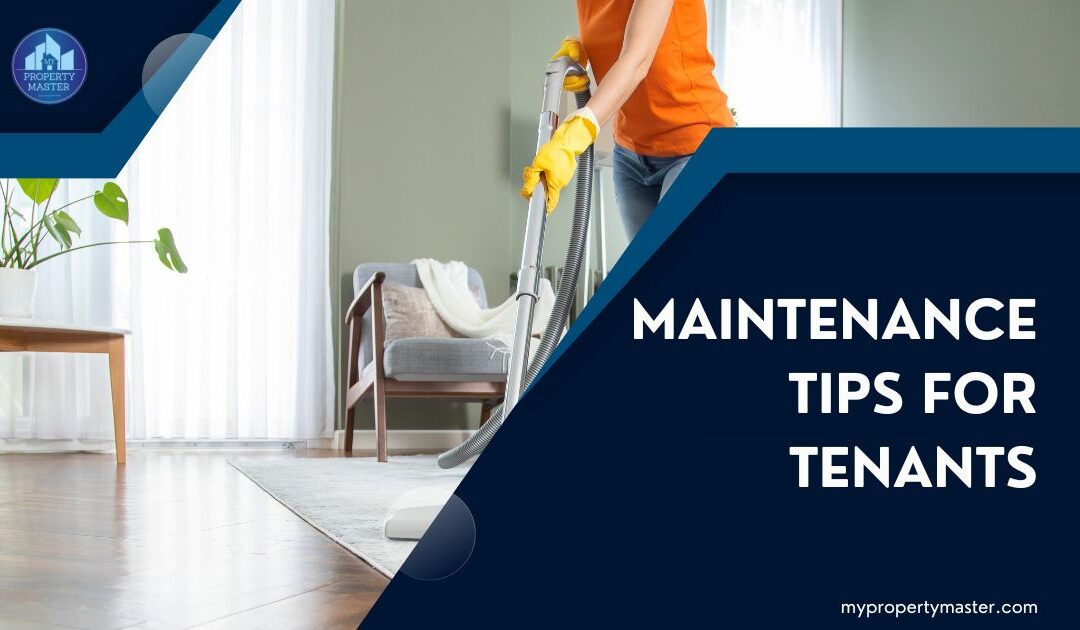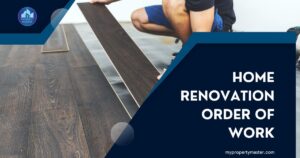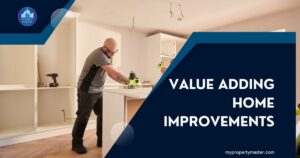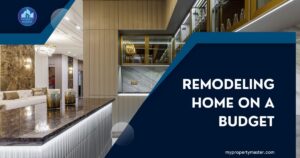As a tenant, your relationship with your landlord is not merely transactional; it’s a partnership built on trust, responsibility, and mutual respect. While landlords have certain obligations, such as property upkeep and repairs, tenants also play a crucial role in maintaining the rented space.
Following essential maintenance tips, tenants can contribute to a harmonious tenant-landlord relationship and ensure a habitable living environment.
Maintaining the rental property demonstrates responsibility and respect, which can enhance the tenant’s reputation and potentially lead to favorable rental references in the future.
In this comprehensive guide, I’ll delve into the key aspects of tenant maintenance, empowering you to become a responsible and proactive tenant.
Understanding your responsibilities
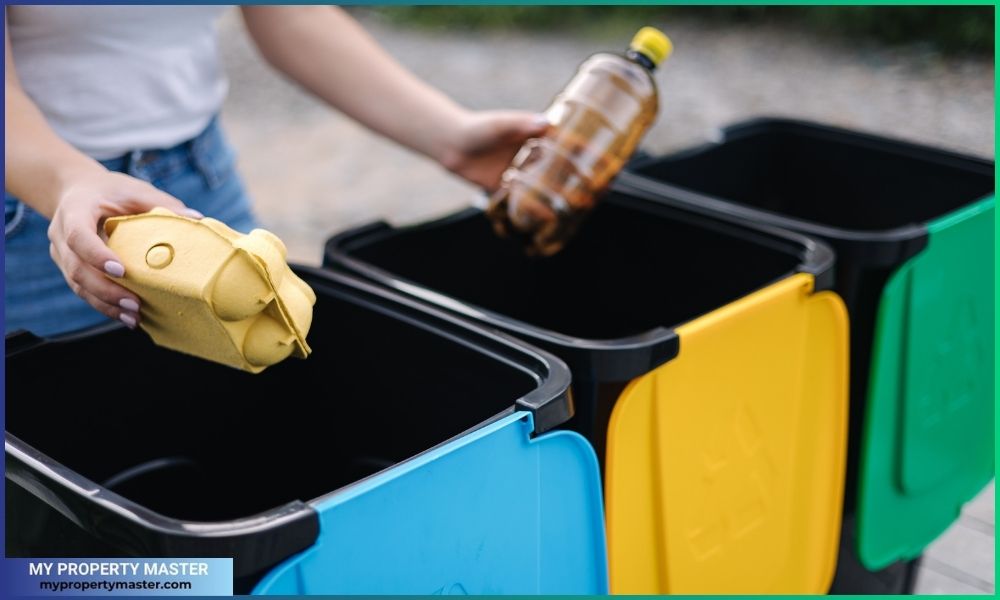
Before delving into specific maintenance tips, it’s essential to understand your responsibilities as a tenant. While landlords are responsible for major repairs and structural maintenance, tenants are expected to uphold certain duties outlined in the lease agreement. These responsibilities often include:
Regular cleaning
Maintain cleanliness within your rented space, including regular vacuuming, dusting, and cleaning of surfaces. This not only promotes a healthy living environment but also prevents the accumulation of dirt and debris.
Read also: What rights do tenants have without a lease?
Preventative maintenance
Fix small issues quickly to prevent them from escalating into more significant problems. This includes fixing leaky faucets, replacing worn-out seals, and tightening loose fixtures.
Proper waste disposal
Dispose of trash and recyclables according to local regulations and guidelines. Improper waste disposal creates sanitation issues and may attract pests and vermin.
Read also: 7 main reasons to evict a tenant
Respect for property
Treat the rented space with care and respect, avoiding intentional damage or alterations without prior approval from the landlord. This includes refraining from painting walls, installing fixtures without permission, or making structural modifications.
Reporting maintenance issues
Report any maintenance-related issues or concerns to the landlord or property management company. Timely communication is crucial for addressing problems before they worsen.
Read also: Can the tenant give the keys to friends?
Essential maintenance tips for tenants
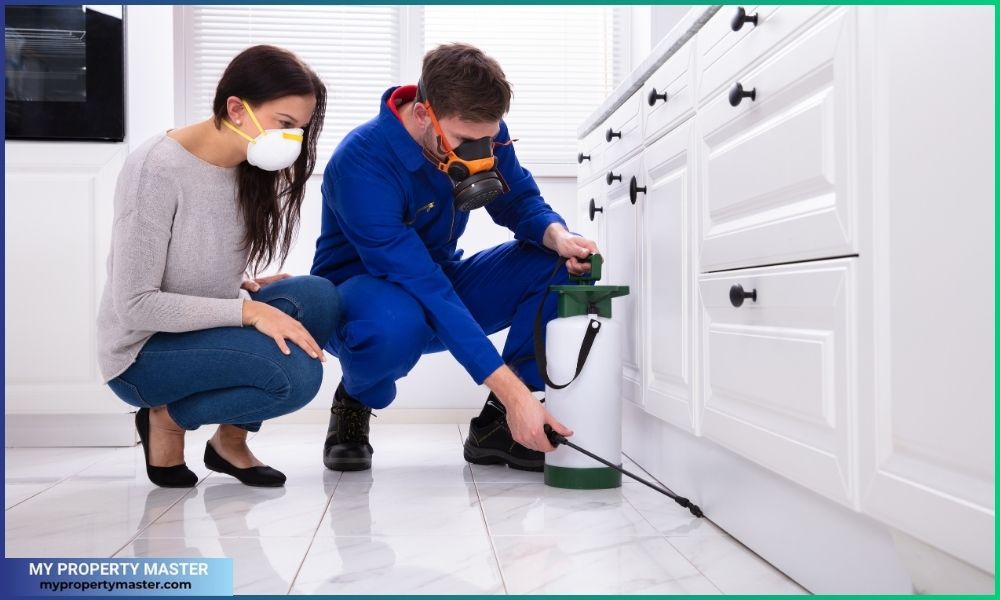
Now that you understand your responsibilities. Let’s explore some maintenance tips to help you maintain a smooth tenant-landlord relationship and ensure a habitable living environment:
Regular inspections
Schedule regular inspections of the rented space to identify any potential maintenance issues. Check for signs of water leaks, mold growth, pest infestations, or structural damage. Early detection allows for prompt resolution and prevents problems from escalating.
Read also: How many occupants are allowed in a one-bedroom apartment?
HVAC system maintenance
Regularly inspect and clean HVAC filters to ensure efficient operation and indoor air quality. Follow manufacturer guidelines for filter replacement and schedule professional HVAC maintenance annually to address any underlying issues and optimize performance.
Plumbing maintenance
Be mindful of plumbing fixtures and pipes to prevent leaks and water damage. Periodically inspect faucets, toilets, and under-sink areas for any signs of leaks or moisture buildup. Promptly address minor leaks to prevent water damage and mold growth.
Read also: Understanding landlord harassment: How much compensation can you sue for?
Electrical safety
Ensure electrical safety within the rented space by avoiding overloading outlets, using surge protectors, and promptly addressing any electrical issues. Replace worn-out cords or malfunctioning appliances to prevent electrical hazards and fire risks.
Outdoor maintenance
If responsible for outdoor areas, such as a yard or balcony, maintain them in a tidy and presentable condition. Regularly remove debris, trim overgrown vegetation, and report any landscaping issues to the landlord or property management.
Read also: Being evicted with no place to go
Pest control
Prevent pest infestations by practicing good sanitation habits, sealing entry points, and promptly addressing any signs of pest activity. If necessary, report pest infestations to the landlord for professional extermination.
Read also: How long does an apartment inspection take?
Fire safety
Familiarize yourself with fire safety procedures and equipment within the rented space, including smoke detectors, fire extinguishers, and evacuation routes. Test smoke detectors regularly, replace batteries as needed, and report any malfunctions to the landlord.
Respectful communication
Provide clear and detailed information about your problem, along with any relevant photos or documentation, to facilitate timely resolution. You may be frustrated when a problem occurs, but being polite during communication makes things simple and easier to fix.
Read also: The most common landlord-tenancy problems and their solutions
Document maintenance requests
Keep a record of all maintenance requests and communications with the landlord or property management company. Documenting issues and their resolutions can help protect your rights as a tenant and ensure accountability.
Follow lease guidelines
Adhere to all lease guidelines and regulations regarding maintenance, alterations, and property usage. Understanding the lease agreement is crucial. Familiarize yourself with the terms and seek clarification from the landlord if needed.
Read also: Who pays the rental broker fee?
The most common mistakes tenants make
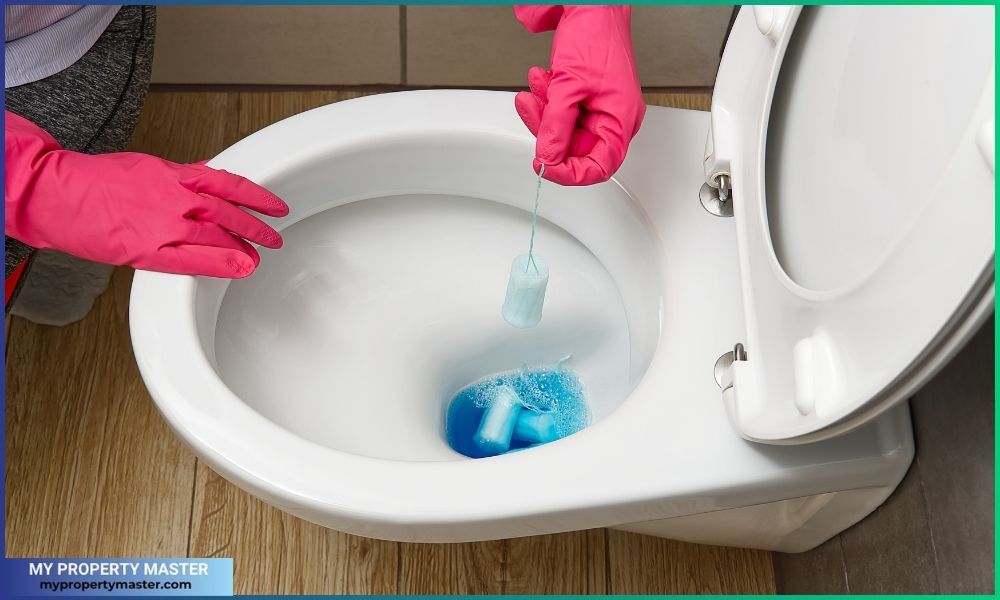
Many tenants need to correct some common mistakes that cause issues. Here are some of them:
Flushing non-flushable items
Flushing non-flushable items like baby wipes, paper towels, sanitary products, and cotton swabs down the toilet can lead to clogs and sewer backups. To prevent plumbing issues, it’s essential to only flush toilet paper and human waste.
Read also: Private landlord or property management company – which one is the best?
Improper garbage disposal usage
Avoid putting grease, oil, large food scraps, bones, and other non-food items down the garbage disposal. These can damage the disposal unit. Instead, scrape food scraps into the trash before rinsing dishes in the sink.
Noncareful handling of appliances
Treat appliances with care and follow manufacturer guidelines for proper usage and maintenance. Avoid overloading washing machines and dishwashers, and clean lint traps in dryers regularly to prevent fire hazards.
Read also: Pros and cons of renting from private landlords
Wasting water
Be mindful of water usage to avoid excessive utility bills and conserve resources. Repair leaks promptly, turn off faucets tightly, and do whatever you can to reduce unnecessary usage.
Improper ventilation
If you’re using active ventilation (machine-generated), make sure to turn it on when necessary. The kitchen and bathroom are the two most important places where you may need to pay attention. These two types of places are where moisture and mold grow very quickly. Use exhaust fans while cooking or showering and leave bathroom doors open (after use) to promote airflow.
Read also: When do landlords have to turn the heat on?
Not replacing the HVAC filter regularly
Replace HVAC filters regularly to maintain efficient airflow and indoor air quality. Clogged filters can strain the HVAC system and lead to higher energy bills.
Not doing routine pest prevention
Take proactive measures to prevent pest infestations by keeping food stored in sealed containers, sealing cracks and entry points, and maintaining cleanliness in the home. If needed, report any signs of pest activity to the landlord for professional extermination.
Read also: Can a landlord show an apartment while occupied?
Not having emergency preparedness
Familiarize yourself with emergency procedures for fire, floods, and other disasters. Fire extinguishers are the most important. Keep emergency supplies such as flashlights, batteries, first aid kits, and non-perishable food items on hand.
Read also: What should you look for in a lease agreement?
Tenants can contribute to a safe, comfortable, and harmonious living environment by being mindful of these practical points and taking proactive measures to maintain the rental property.
Conclusion
Maintaining a rented space involves a shared responsibility between tenants and landlords. By following these maintenance tips, tenants can contribute to a positive tenant-landlord relationship and ensure a safe, comfortable living environment.
Remember, proactive maintenance not only benefits you as a tenant but also preserves the value and integrity of the rental property.
By embracing your role as a responsible tenant, you can foster a harmonious partnership with your landlord and enjoy a habitual life in your rented space.
